Amiga games
Top Amiga Games
Amiga games were a popular category of video games that were specifically designed for the Amiga personal computer. The Amiga was a series of computers released by Commodore in the mid-1980s to early 1990s and was known for its advanced graphics and sound capabilities at the time.
Amiga games offered a wide variety of genres and styles, catering to different preferences of gamers. Here are some notable aspects of Amiga games:
Graphics: The Amiga's graphics capabilities were impressive for its time, allowing for detailed and colorful visuals. Games often featured smooth animations, vibrant colors, and intricate pixel art. Some games utilized the Amiga's hardware scrolling and sprite capabilities to create visually stunning effects.
Sound and Music: The Amiga's sound chip, known as the Paula chip, provided high-quality stereo sound. Game developers took advantage of this capability to create immersive sound effects and catchy soundtracks. Many Amiga games had memorable tunes that added to the overall gaming experience.
Game Genres: Amiga games covered a wide range of genres, including platformers, action-adventure, role-playing games (RPGs), shoot 'em ups, racing games, puzzle games, and more. Popular titles included "Another World" (action-adventure), "Lemmings" (puzzle), "Speedball 2: Brutal Deluxe" (sports/action), "The Secret of Monkey Island" (point-and-click adventure), and "Cannon Fodder" (strategy).
Demoscene: The Amiga had a vibrant demoscene culture. Demos were programs created by skilled programmers and artists to showcase the graphical and musical capabilities of the Amiga. Demos often combined impressive visuals, animations, and music into interactive experiences.
Multiplayer and Co-op: The Amiga supported multiplayer gaming, allowing friends to connect multiple computers together for competitive or cooperative gameplay. Games like "Worms," "Sensible Soccer," and "Lotus Turbo Challenge 2" were popular choices for multiplayer gaming.
Amiga games had a significant impact on the gaming industry, with many beloved titles and innovative gameplay experiences. Although the Amiga platform is no longer as widely used today, these games continue to hold a special place in the hearts of retro gaming enthusiasts.
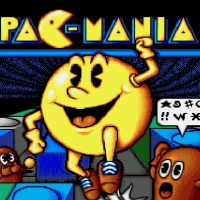

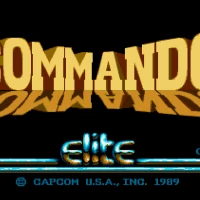

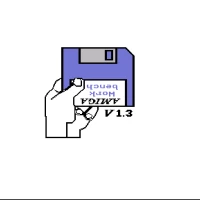


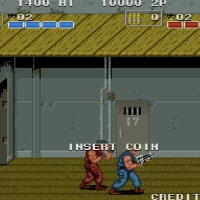

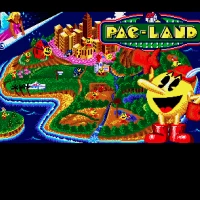
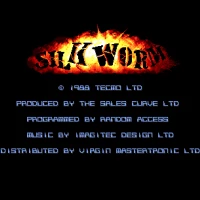


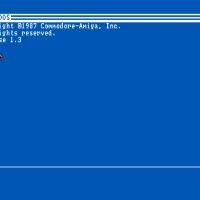

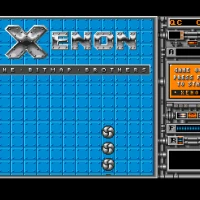
![Wild Streets (1990)(Titus)[cr SCX][t 3 Switch] Amiga game](https://www.gamesclips.com/gameImages/8825.webp)
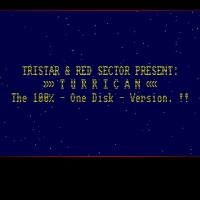
![Turbo Outrun (1989)(U.S. Gold)[cr Supreme][t 2 Supreme][a] Amiga game](https://www.gamesclips.com/gameImages/8823.webp)



![Test Drive II - The Duel - Scenery Disk - European Challenge (1989)(Accolade)[a][data disk] Amiga game](https://www.gamesclips.com/gameImages/8817.webp)
![Test Drive II - The Duel - Scenery Disk - California Challenge (1989)(Accolade)[data disk] Amiga game](https://www.gamesclips.com/gameImages/8816.webp)
![Test Drive II - The Duel - Car Disk - The Super Cars (1989)(Accolade)[a2][data disk] Amiga game](https://www.gamesclips.com/gameImages/8815.webp)
![Test Drive II - The Duel - Car Disk - The Muscle Cars (1989)(Accolade)[h2][data disk] Amiga game](https://www.gamesclips.com/gameImages/8814.webp)
 Amiga game](https://www.gamesclips.com/gameImages/8813.webp)
 Amiga game](https://www.gamesclips.com/gameImages/8812.webp)
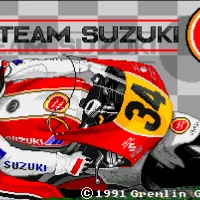
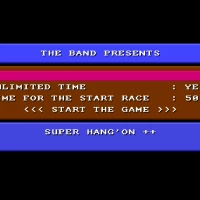
![Summer Games (1992)(U.S. Gold)[cr CSL] Amiga game](https://www.gamesclips.com/gameImages/8808.webp)
